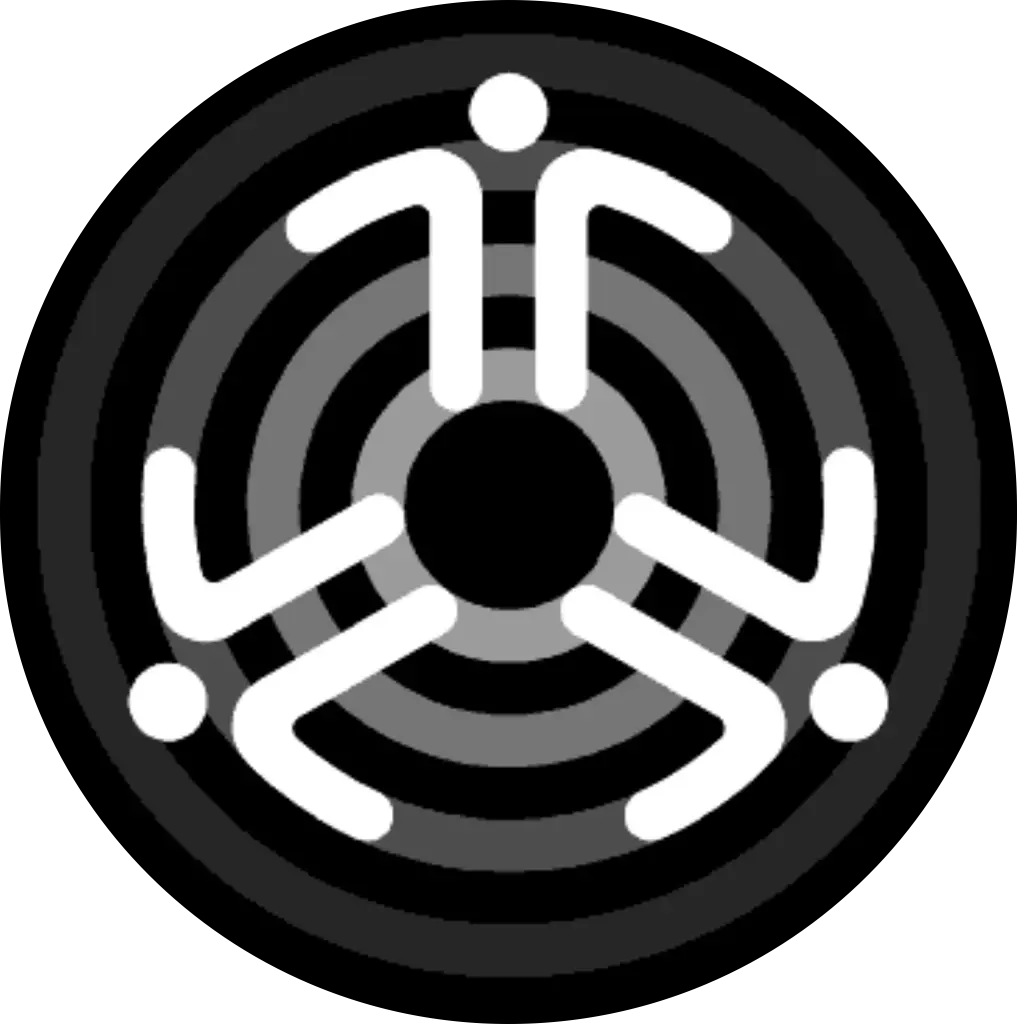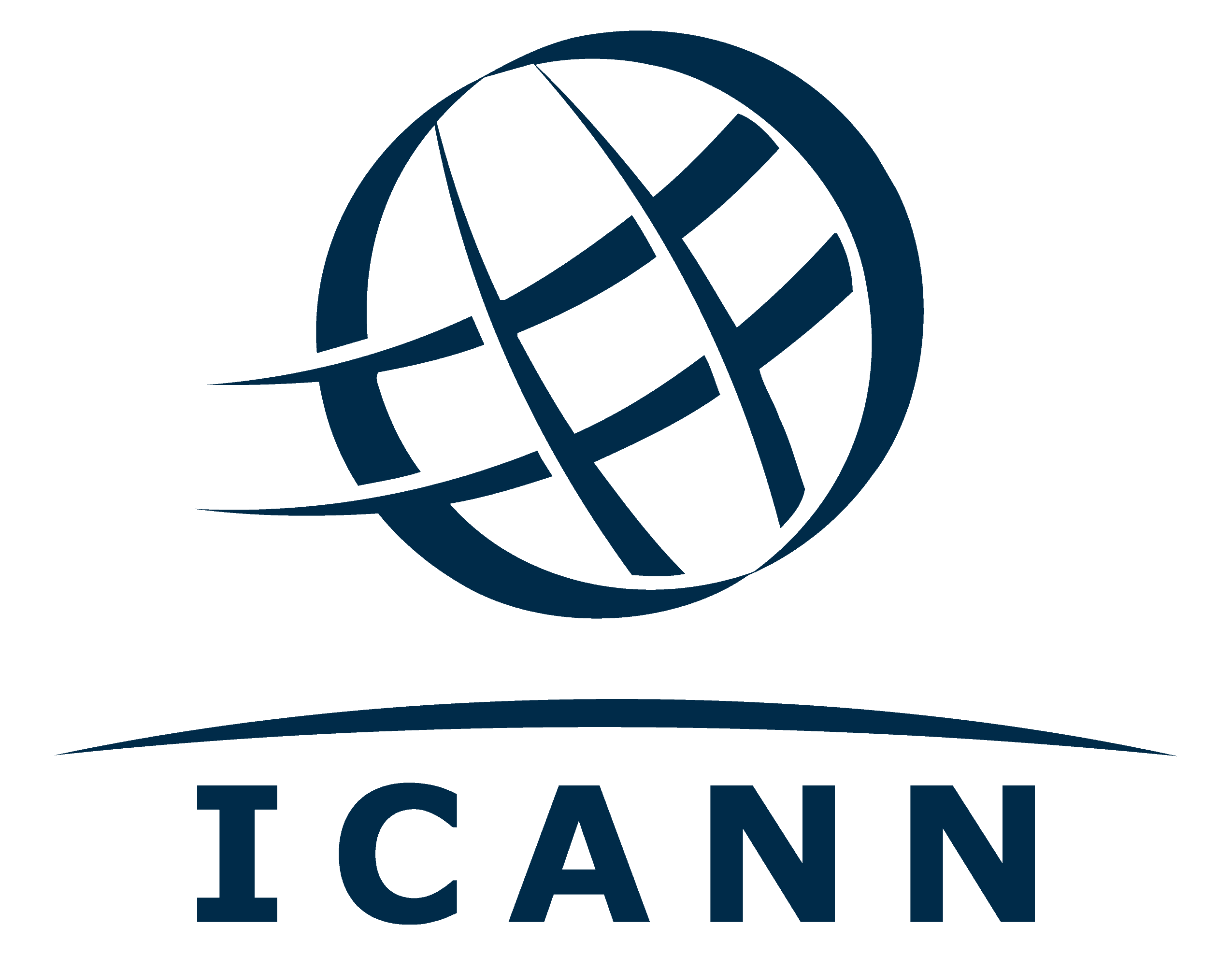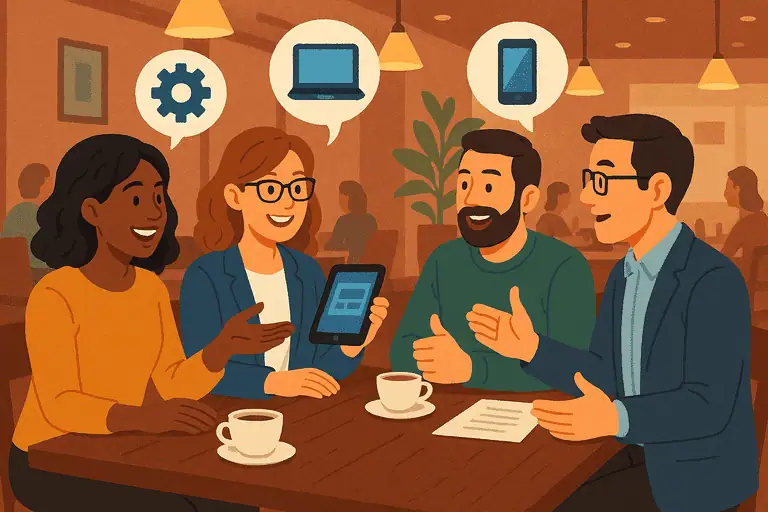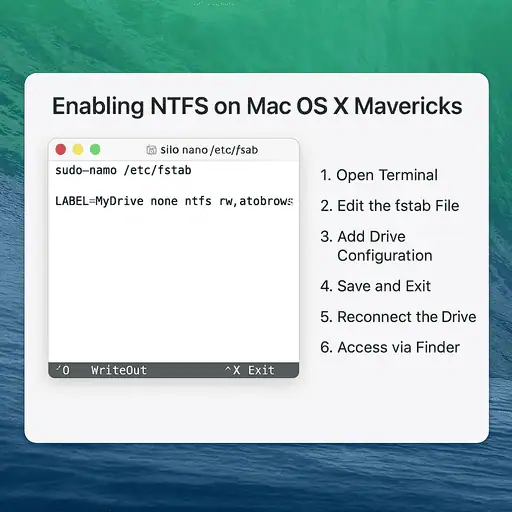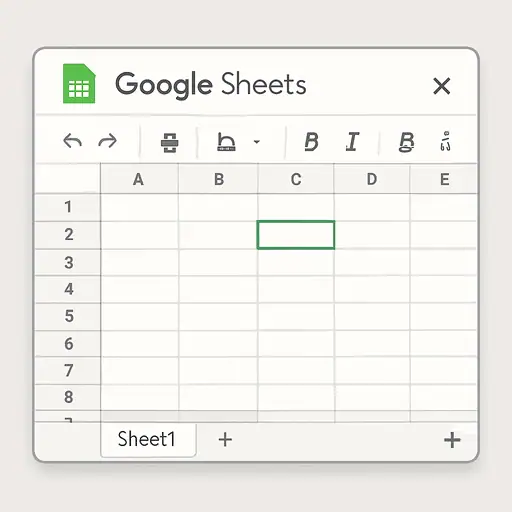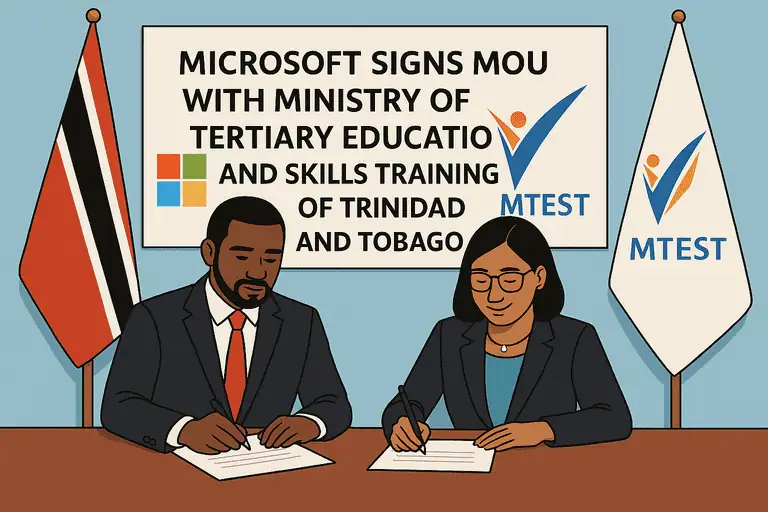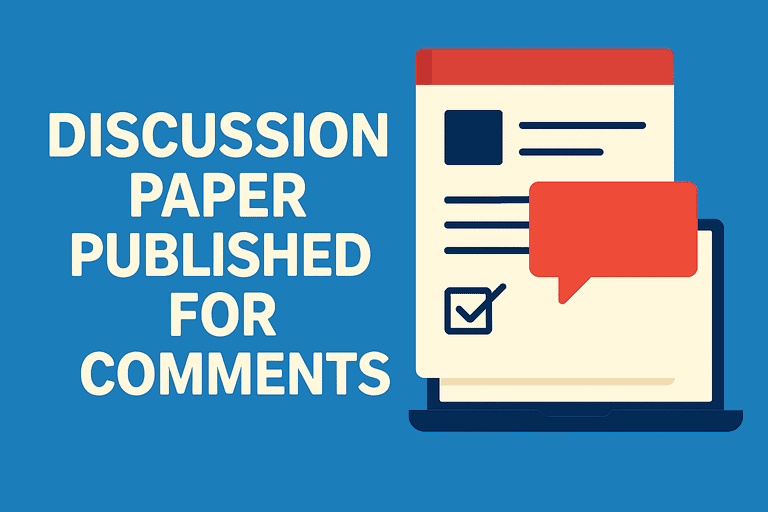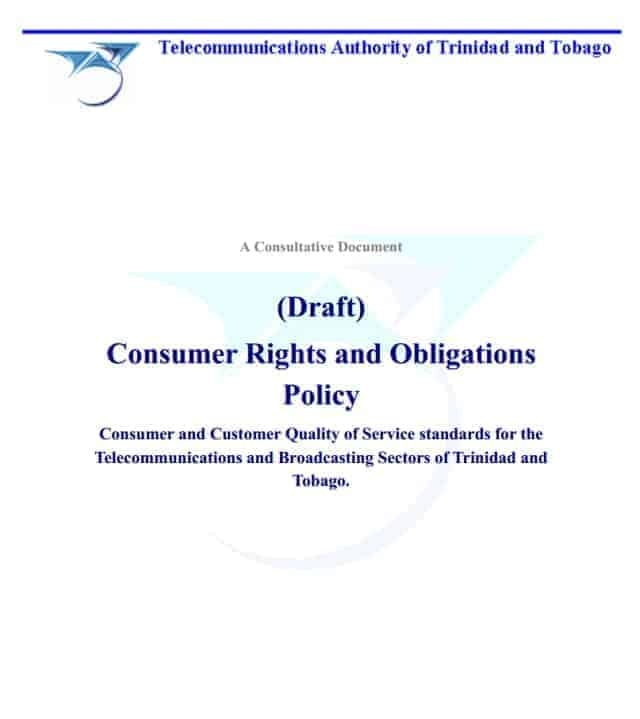(Video of Roberto Gaetano, Chair of the At-Large Board Candidate Evaluation Committee explaining the search for an ICANN Board member appointed by the ICANN At-Large Community : http://youtu.be/t-sMZDB20KA)
ICANN’s At-Large Community is beginning a search for an appointee to the ICANN Board of Directors. ALAC is looking for someone with a broad international perspective and a background in Internet users’ interests, consumer policy and/or civil society worldwide.
A so-called Expressions of Interest will remain open for those interested in the position through December 26, 2013. This is the first step in a process through which ICANN’s independent user community will appoint a voting member of the Board.
“The process is different because, by its nature, the At-Large community is looking for new people who are interested in participating in the Internet governance process and are coming from the civil society, the user community and so on,” said Roberto Gaetano, a non-voting former ALAC liaison to the Board. “The qualification is basically to have an ethical attitude. We demand a moral standing and the ability to discuss freely, along with the ability to understand the different cultures”.
The At-Large community consists of over 160 active At-Large organizations (called “At-Large Structures” or “ALSes”), representing the opinions of the global community of Internet users. At-Large allows individual worldwide Internet users to participate in a number of issues, such as:
* Guidance on how to run Internationalized Domain Names (IDNs).
* How to introduce new gTLDs (such as .eco, .green and IDN TLDs).
* How to implement a stable and fair transition from IPv4 to the next Internet addresses generation, IPv6.
Those who wish to be considered for the ALAC Board position must complete an Expression of Interest form at: https://www.bigpulse.com/
Completed application forms must be received by 23:59UTC on 26 December 2013.
If you want to understand more about ICANN At-Large community, please also contact Dev Anand Teelucksingh, vice chair of the Trinidad and Tobago Computer Society (TTCS ; https://www.ttcs.tt/). The Trinidad and Tobago Computer Society is an member of the At-Large Community and Dev Anand is currently serving as a member of the At-Large Advisory Committee (ALAC) and on the ALAC Leadership Team.
Additional links:
- At-Large Board Director 2014 Selection Workspace: https://community.icann.org/x/ng6MAg
- Watch a video of Tijani Ben Jemaa, Chair of the At-Large Board Member Process Committee speak about the process (in French) http://youtu.be/2fS0zNbR8_Q
- At-Large Board Candidate Evaluation Committee: https://community.icann.org/x/uAafAg
